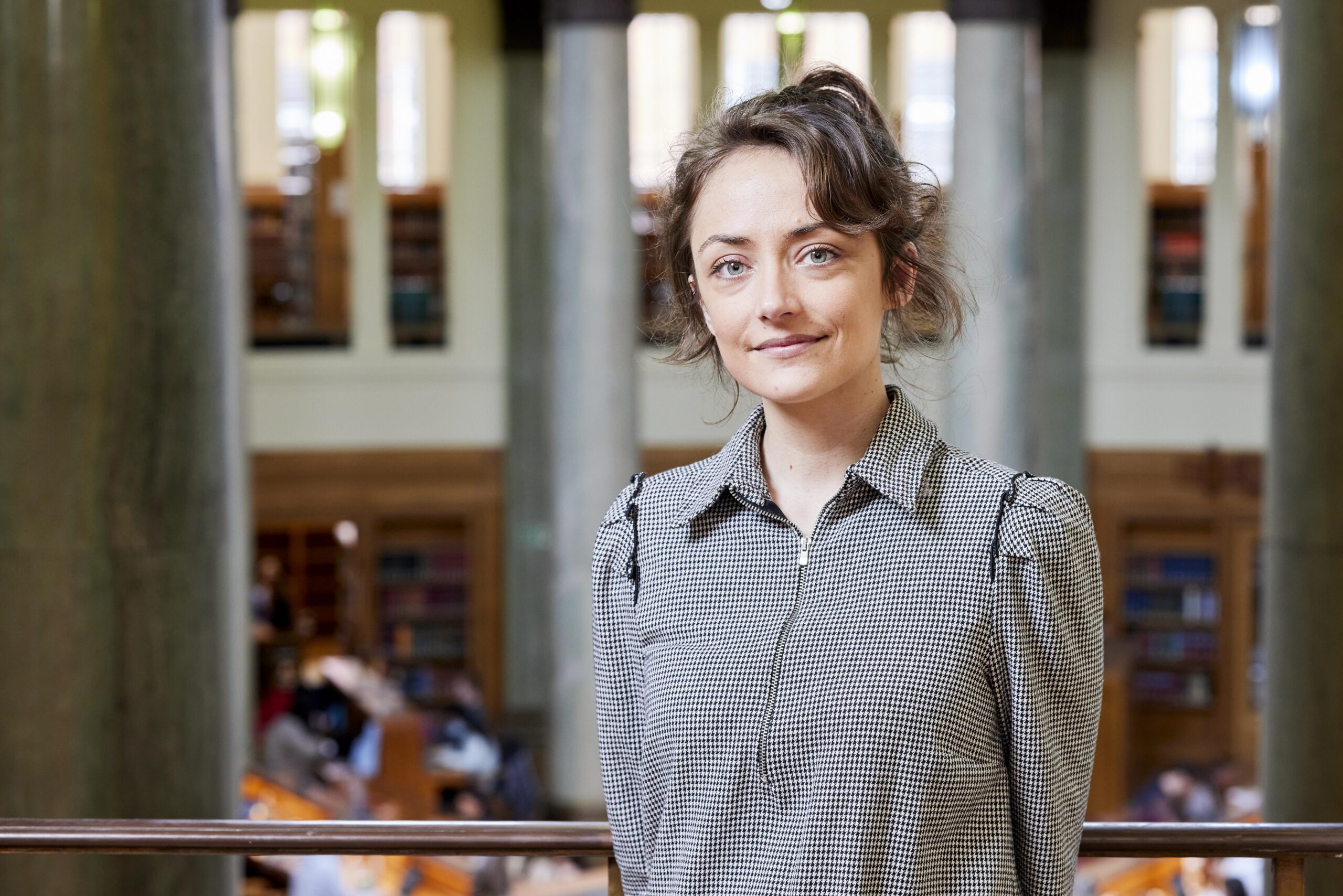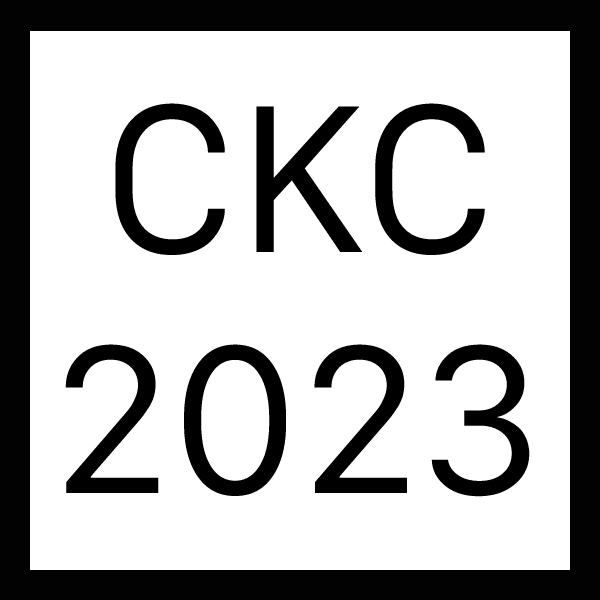CKC 2023: New Futures for Creative Economies
Day 1
Sourcing Appropriation: Owning or Sharing Art in the Digital Economy
Abstract
Until recently, the works of digital artists had been largely dismissed from the art world discourse because these were neither scarce nor collectable. This undeniably changed during the pandemic. Web-based, blockchain works were thrusted into the forefront of popular culture, wherein they were hyped to be both. Prior to 2020, the industry presumed the technology could be a tool that would immortalise the Intellectual Property (IP) and provenance of art. Some had problematised it, claiming that it would intensify efforts to circumvent creative expression in exchange for heightened commodification. However, since that time, some artists have come to use the technology for nearly the opposite; they have used blockchain to support their ambitions to transform their work into an open-source repository. This paper combines theories on ownership and authorship to examine the current status quo of blockchain artists who have applied Creative Commons licenses(CC0)to their high-valuation work. It maintains the position that these two perspectives are social constructions, much as in the case for how art is often superficially assigned a market value. This enables a discussion on the socio-political functions of copyright in the digital economy. Recognising that IP is considered a device to promote competition, this paper examines its application towards art when the creator relinquishes their status as authors. Among other things, it allows us to entertain the prospect of defused IP. Critical implications, opportunities, and limitations of these artist-based initiatives are considered alongside preliminary responses from the Internet community. Ownership and authorship are measured against definitions of Peer-2-Peer networks and appropriation. These latter two concepts having been separately contextualised against the former within the scope of the digital cultural economy. This conceptual framework will further bridge the gap between creativity and web-based technology, in and beyond the art world. It will also move to define growing enterprises grounded in sharing artistic expression across cultural industries and away from exclusive market valuations.
Biography
Tennae Maki is a PhD candidate with the School of Performance and Cultural Industries at the University of Leeds. Her primary research focus is centred around visual artist disintermediation strategies and economic value structures. Most of her work involves measures relating to digital sociology and Internet technologies. She holds a master’s degree in Modern and Contemporary Art History &Theory from State University of New York Purchase.



